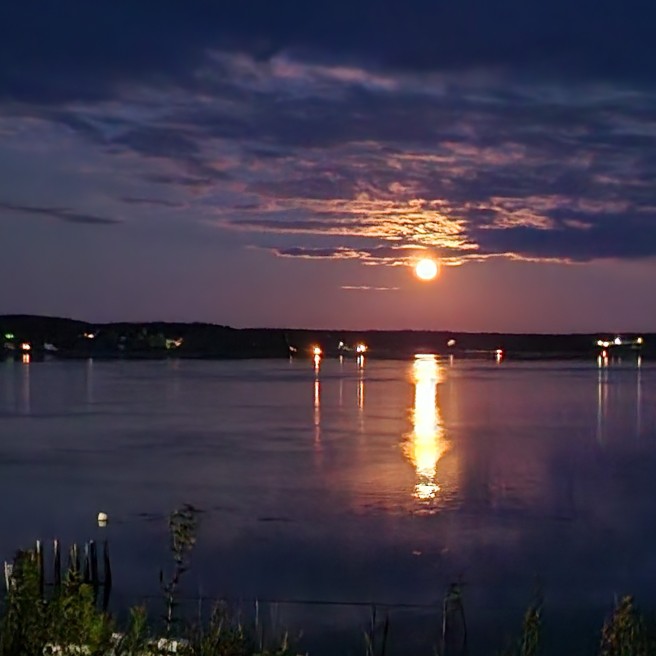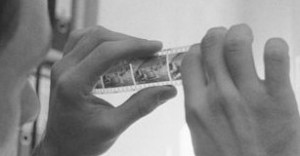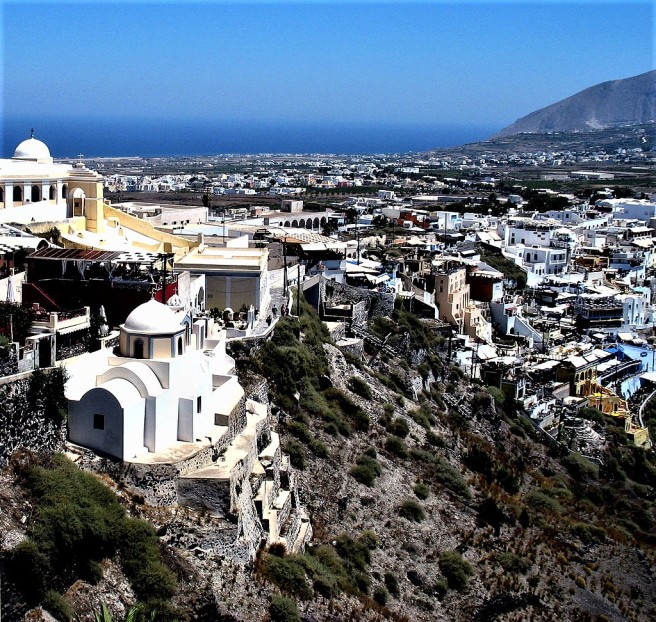
This is how the rising moon looked from across our street last night. The reflection is in the bay between us and Campobello Island in New Brunswick, Canada. Some of those lights on the island are moving traffic.
From Sunrise County in the Universe

This is how the rising moon looked from across our street last night. The reflection is in the bay between us and Campobello Island in New Brunswick, Canada. Some of those lights on the island are moving traffic.
Being of an age where I have more to look back on than what lies ahead, pondering forks in the road I followed, I find myself concluding they ultimately turned out for the best.
Still, there are moments when I wonder how my life would have gone if, say, things had turned out better with certain lovers or I hadn’t narrowly missed out in a desired career move – things that would have opened other avenues. In fact, a big goal all along had been to become financially independent so I could hunker down with my more literary writing, the thing I’ve been able to do in retirement.
Here’s a handful.
When I look at the forks I chose to follow, I have to admit the one of going back into the ranks of the newsroom rather than management was crucial. The reasons I stayed there could easily fill another Tendril.
I tried.
And tried.
And tried.
Damn it.
Out of the blue, she asks that, not as an interruption to anything.
Believe me, the question always shuts me up. Or down.
Duh?
Even more than “What is the meaning of life?” without platitude or getting pedantic.
Yeah, this is the big day for roses and chocolate and those mood-drenched candlelight dinners. Let’s put it all in some perspective.
So far, I haven’t found perfumes, love potions, or aphrodisiacs on the list.
In no particular order:
~*~
Well, that’s what’s first coming to mind …
As for you?
My novel Pit-a-Pat High Jinks gives good reasons for Cassia’s future father to celebrate once he’s finally met her mother, as he does in my novel What’s Left. She quickly becomes the love of his life, and they’re well matched.
Do you know any couples who were brought together by a sage introduction from someone who knew them both well?
~*~

Just what was I thinking? Was this supposed to be a philosophy class moment? A reflection on time versus space? Or fate versus free will? No wonder the paragraph failed to take root in my novel What’s Left.
History is filled with unique moments when something flashes up and takes hold. Or a singular intersection of trajectories appears in the universe of motion.
~*~
The novel, by the way, has many of these situations, just as life itself does. We just didn’t need to get preachy.
I suppose this just might fit a story about baseball. Or think of football. The great play no fan will ever forget.
There are also those accidents, seemingly chance encounters, like the late-night crash that kills Cassia’s grandparents or the avalanche that claims her father. A few moments one way or the other, and her story would be much, much different.
I was more likely reflecting on those seconds where you have to make a decision one way or another. Say something. Do something. Yes or no. The beginning of a romance, for instance, once you’ve introduced yourself. Uttered the joke that could have as easily fallen flat.
Can you recall a significant moment in your life when something had to happen right then — or never at all? One with no second chances? Please share it! Be bold!
~*~

In the final revision of my novel What’s Left, the voice and direction of the story changed greatly. For one thing, it became much more Cassia’s own.
To my surprise, some of the material about her father lost its urgency or importance. Here was one passage that would be refocused and condensed:
The crucial turning point comes, she says, just before Baba arrives here. Tara’s always defended her own space — what she perceives as her essential freedom — and as long as he could accept that, they could spend time together. At heart, though, he’d require more commitment than she would offer, but this once, knowing he’d be headed to the monastery, the situation forced him to take that out of the equation. He had to admit he had no idea what would follow his cloistered withdrawal from the world, and demanding a commitment he couldn’t return at this time would be unrealistic and unfair. That insight, in turn, gave both of them a rare freedom space to concentrate on the present rather than planning an ironclad future together. We can enjoy the next few months together, at best, and they could take everything at that. It was the healthiest — and most rewarding — relationship he’d had. Neither was clinging to the other.
~*~
When it comes to relationships, individuals can vary greatly in their needs and expectations and what they can provide for their partner.
Would you feel comfortable in a relationship like this? For how long?
~*~

~*~
In my novel What’s Left, Cassia’s aunt Nita personally knew three important non-family members in Cassia’s father’s past.
Tara is one she viewed mostly from a distance, the lover who matched him best before meeting Nita’s sister.
~*~
Here’s a longer look, one I condensed in the final revision:
If anything, Tara was a lioness. It’s not just her sunburst of hair. It’s the way she moves and regards the universe. The way she even purrs, when pleased, or growls when vexed. It manifests in an insistence on social justice and rails at power-seeking machinations of any kind, public or private. No, she shares our aversion to anything underhanded or sneaky. But the whole time she and Baba are lovers, she’s far from ready to settle down. She’s searching, even probing, for the direction she wants to follow. What Baba never sees is her underlying anxiety or the ways it’s on the verge of explosion. Still, she opens his eyes and heart to so much.
~*~
There have been moments in my life when I ponder how things would have gone when someone like Tara was finally ready to settle down but I was otherwise engaged.
Personally, what do you think of Tara?
~*~

~*~